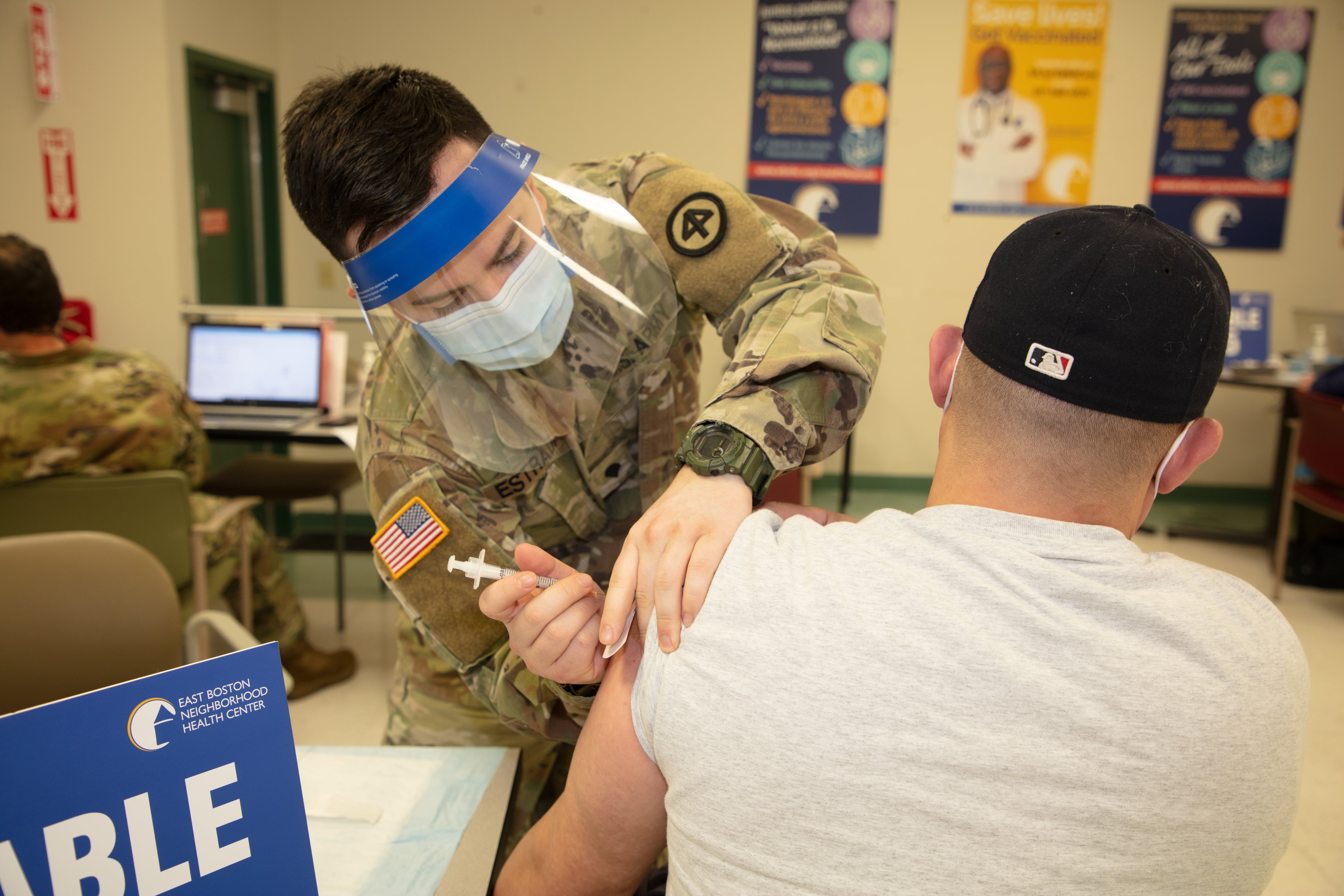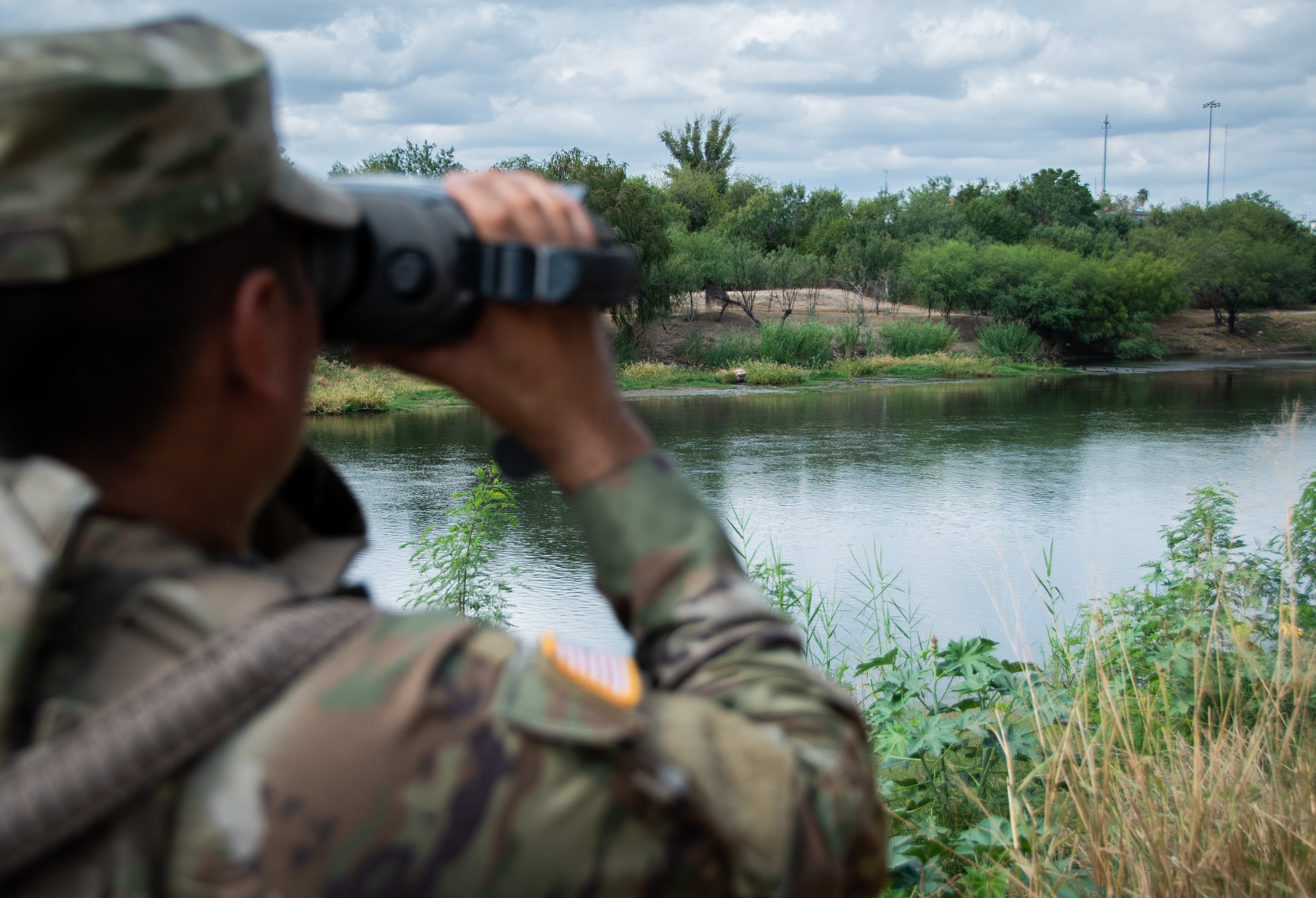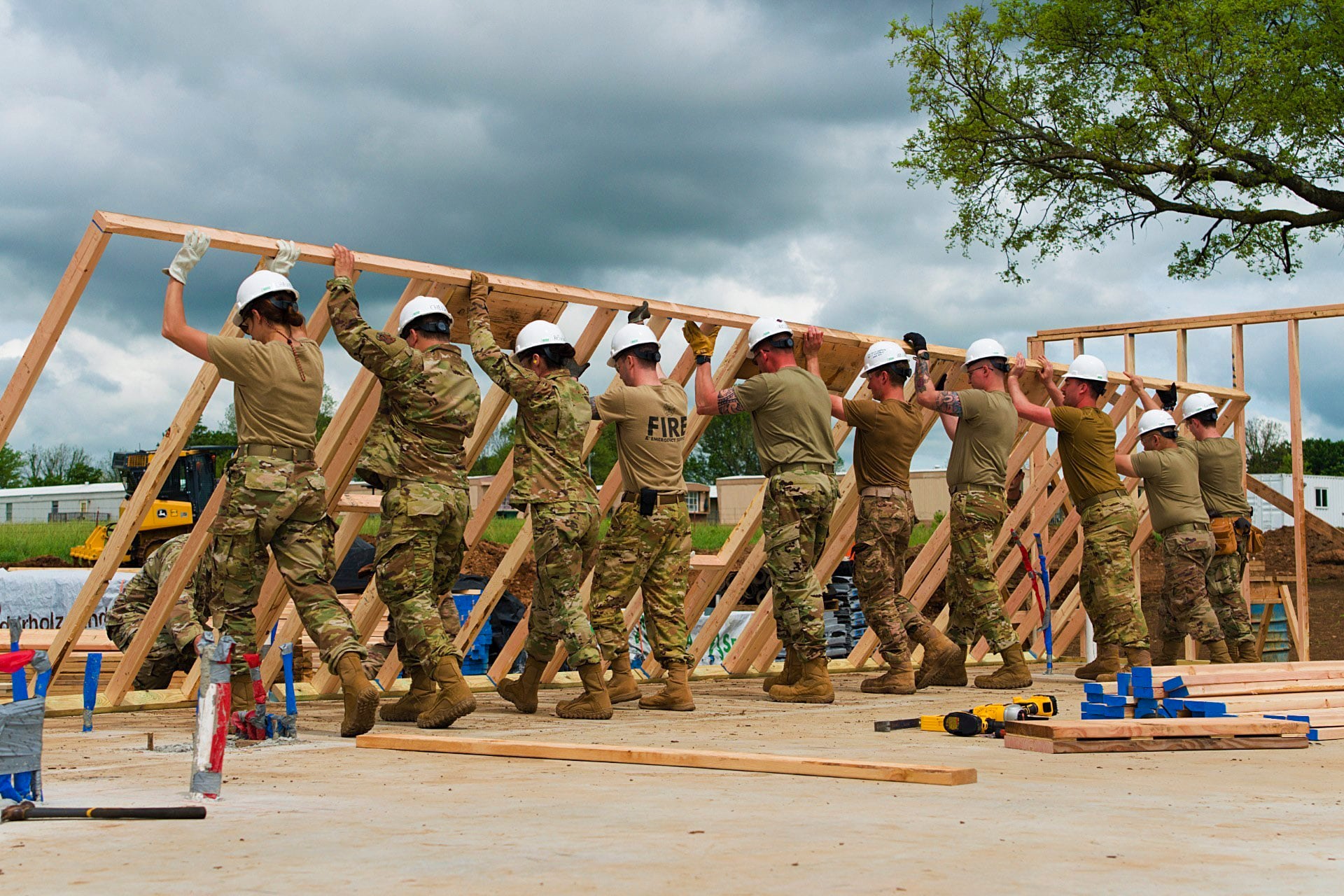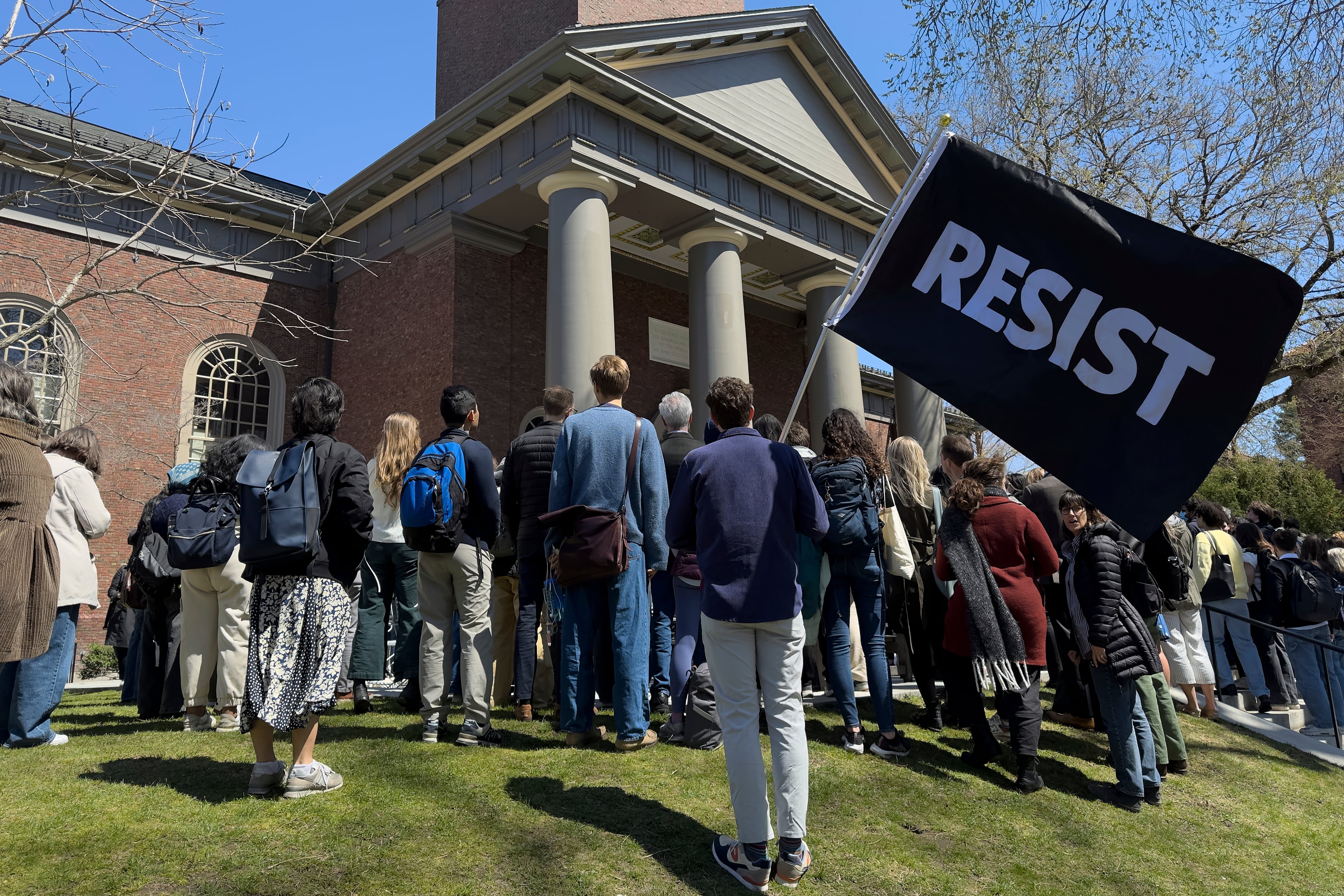National Guard troops can legally organize and form unions while serving on state active duty orders, the Justice Department said in a court filing last week.
DoJ lawyers asked a federal judge to dismiss a lawsuit brought by state employee unions in Connecticut, saying that “the Government agrees” with them. A federal law prohibiting members of the military from organizing unions “does not apply to Guard members on state active duty or in the Inactive National Guard,” DoJ lawyers wrote in their filing.
“We’re excited about what appears to be a straightforward agreement with our position that National Guard members on State Active Duty are not subject to” that federal law, said Josh Lefkow, a legal intern for the Yale Law School Veterans Legal Services Clinic and Marine veteran, in a phone interview.
The apparent green-light to organize hinges upon the troops’ legal status as state employees — not military members — when they are on state active duty. The same legal principle is what allows Guard troops on state active duty to conduct law enforcement, which is virtually prohibited for troops who are being paid as military members.
The unions brought the case on behalf of Connecticut Guard members who they say deserved a voice alongside state employees in advocating for workplace protections when on state active duty responding to the COVID-19 pandemic.

“Connecticut National Guard members on state orders have worked alongside the public service workers we represent to distribute protective equipment and assist with testing at the height of the COVID-19 pandemic,” said Jody Barr in a November press release announcing the lawsuit. Barr is a former Guard member who leads American Federation of State, County and Municipal Employees Council 4 — one of the unions who sued.
“Yet Guard members were not able to bargain over COVID-19 safety precautions, even though the state employees they worked directly alongside were able to have a voice in COVID-19 testing, shift safety, and other necessary precautions,” Barr added in the release.
Usually, Guard troops only go on state active duty for short periods of time — common missions include disaster or civil disturbance response. That could make organizing more difficult for them.
A notable ongoing exception is the Texas National Guard’s Operation Lone Star, which includes up to 10,000 members of the Texas Military Department who are mobilized on year-long orders, according to comments made by a senior Guard official in a recent town hall. While each state has different laws that govern public sector unions, including some like Texas that ban strikes and collective bargaining for state employees, organizing advocates say that a union can help offer a voice even if their power is limited.
The troops on Operation Lone Star have suffered from problems with pay, mental health and living conditions, in addition to shortages of critical equipment like first aid kits and cold weather gear. They also recently had their state education benefits cut.
RELATED

One junior medic on the border mission welcomed the DoJ filing when reached by Army Times.
“My hope with a union would be that we could organize a coherent way to get [our grievances] to [Texas Military Department] leadership and demand substantive answers on these issues, instead of just casually grumbling about it,” the specialist said.
Other soldiers told Army Times they would support an organizing push among Operation Lone Star’s troops as well.
It’s not clear, though, how long organizing would take, nor is it clear whether state authorities would try to block the move.
Davis Winkie covers the Army for Military Times. He studied history at Vanderbilt and UNC-Chapel Hill, and served five years in the Army Guard. His investigations earned the Society of Professional Journalists' 2023 Sunshine Award and consecutive Military Reporters and Editors honors, among others. Davis was also a 2022 Livingston Awards finalist.




